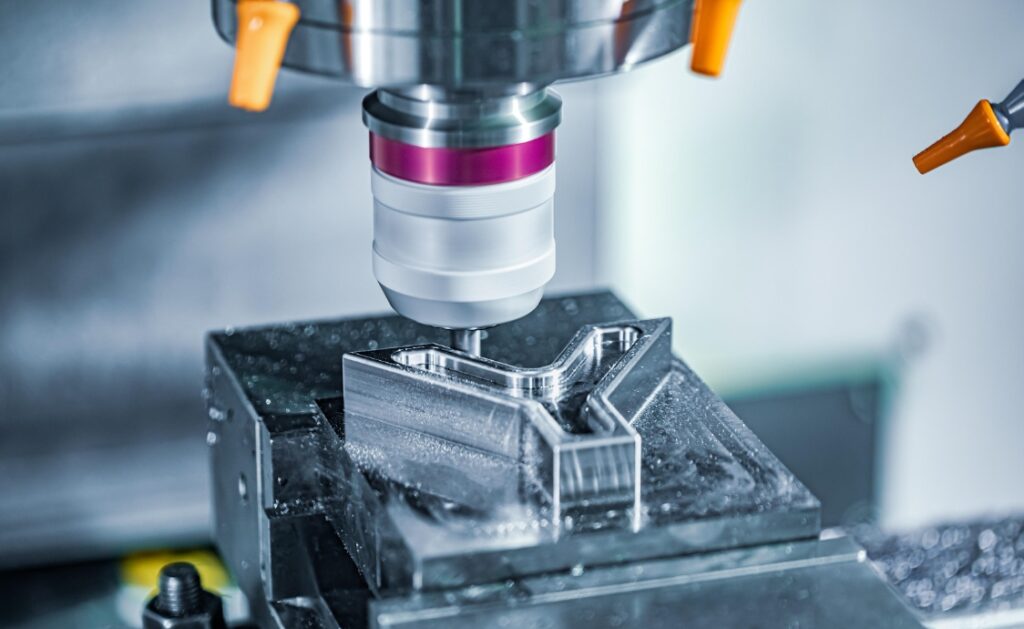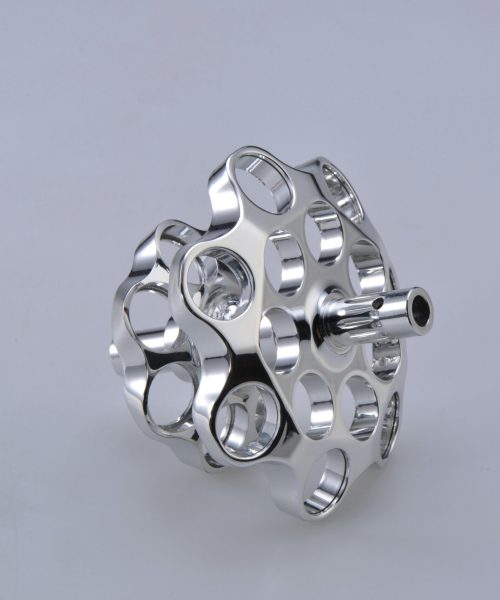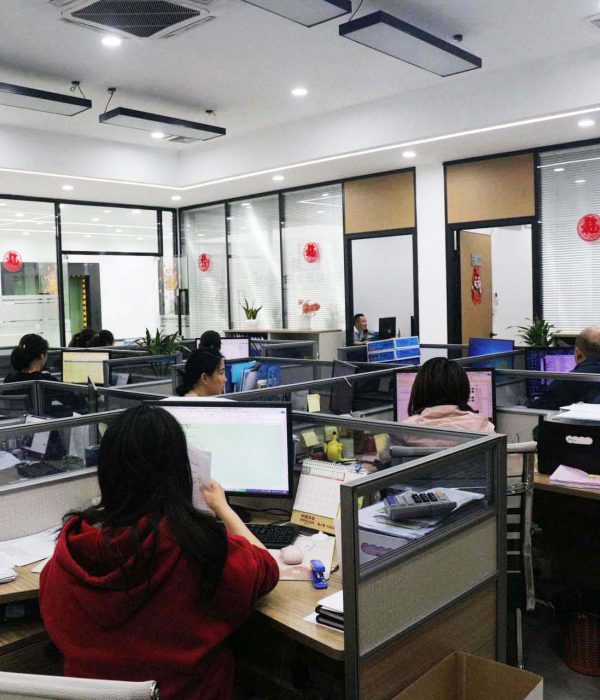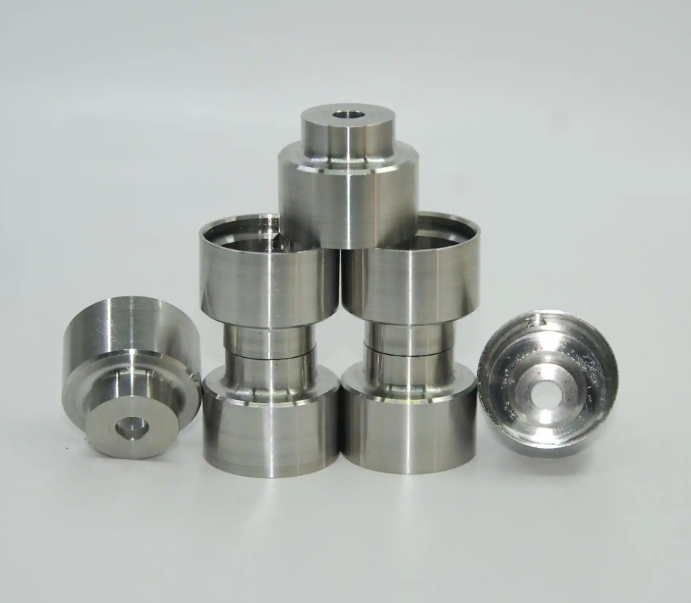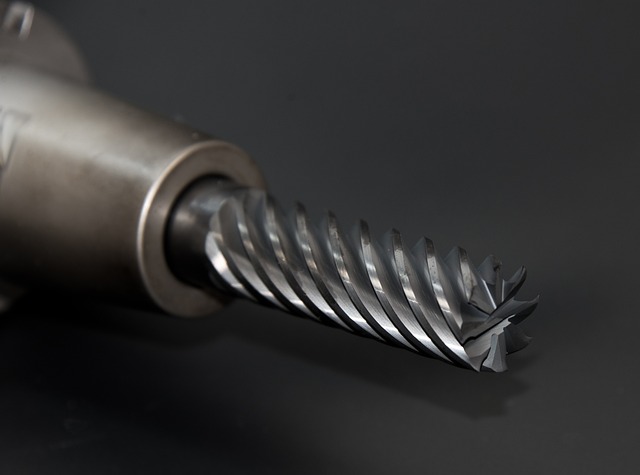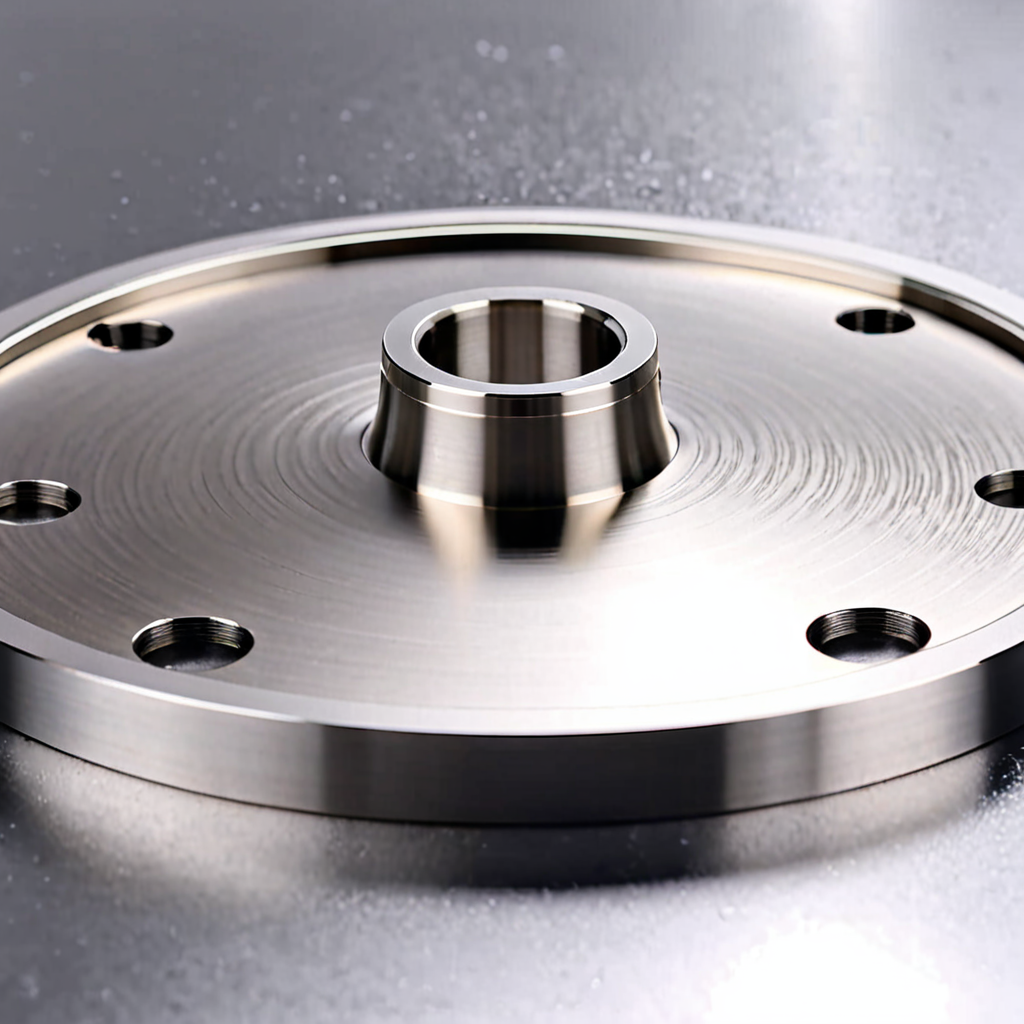Ensuring Precision And Quality In Automotive CNC Machined Parts
In the automotive industry, precision and quality are paramount, as even the slightest deviation from specified tolerances can lead to mechanical failure, safety hazards, or reduced vehicle performance. CNC (Computer Numerical Control) machining plays a pivotal role in producing high-precision automotive components, ensuring reliability and safety. This article explores the critical factors that contribute to achieving precision and quality in automotive 数控加工零件.
The foundation of precision begins with the design phase, where computer-aided design (CAD) software is utilized to create precise digital models of the components. These models are then translated into machine-specific code, guiding CNC machines to execute operations with minimal human intervention. The use of advanced CNC machinery, equipped with precise tooling and rigid construction, further ensures that the final product adheres to stringent specifications. High-quality cutting tools are essential, as they directly impact the accuracy and surface finish of the machined parts.
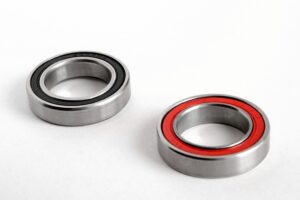

Material selection is another critical aspect, as different materials exhibit varying properties that influence both the machining process and the performance of the final product. For instance, certain metals may be better suited for high-stress applications, while others may offer superior corrosion resistance. Ensuring that the selected material aligns with the intended application is vital for maintaining quality and durability.
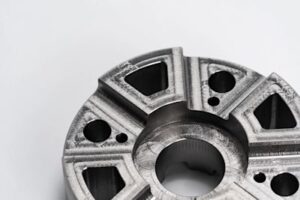

Quality control measures are integral to the production process, involving rigorous inspection and testing of the machined parts. Dimensional inspections are conducted using tools such as calipers, micrometers, and coordinate measuring machines (CMMs) to verify compliance with design specifications. Surface finish inspections, employing techniques like surface profilometry, ensure that parts meet required smoothness and texture standards. Additionally, material testing is performed to detect any internal or external defects that could compromise the integrity of the component.
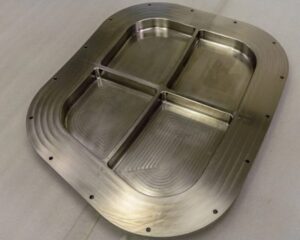

Compliance with industry standards and certifications further underscores the commitment to quality. The automotive sector adheres to stringent standards such as ISO/TS 16949, which outlines requirements for quality management systems in the automotive supply chain. Manufacturers must undergo regular audits and certifications to demonstrate their adherence to these standards, ensuring that their products meet global quality benchmarks.


The role of skilled personnel cannot be overstated in maintaining precision and quality. CNC machine operators and quality control specialists require extensive training to operate advanced machinery, interpret technical drawings, and perform precise measurements. Continuous training and upskilling are essential to keep pace with evolving technologies and manufacturing techniques.
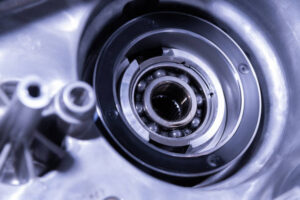

Finally, the manufacturing environment itself plays a significant role in ensuring precision and quality. CNC machining facilities must maintain a controlled environment, with stable temperature and humidity levels, to prevent any variation in the machining process. Regular maintenance of equipment and tools is also crucial to uphold the accuracy and reliability of the production process.
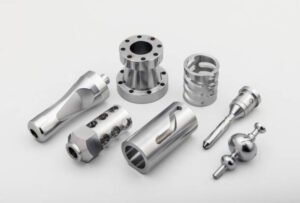

In conclusion, ensuring precision and quality in automotive CNC machined parts is a multifaceted endeavor that involves meticulous design, advanced machinery, careful material selection, rigorous quality control, adherence to industry standards, skilled personnel, and a controlled manufacturing environment. By integrating these elements, manufacturers can consistently produce high-quality components that meet the demanding requirements of the automotive industry.

